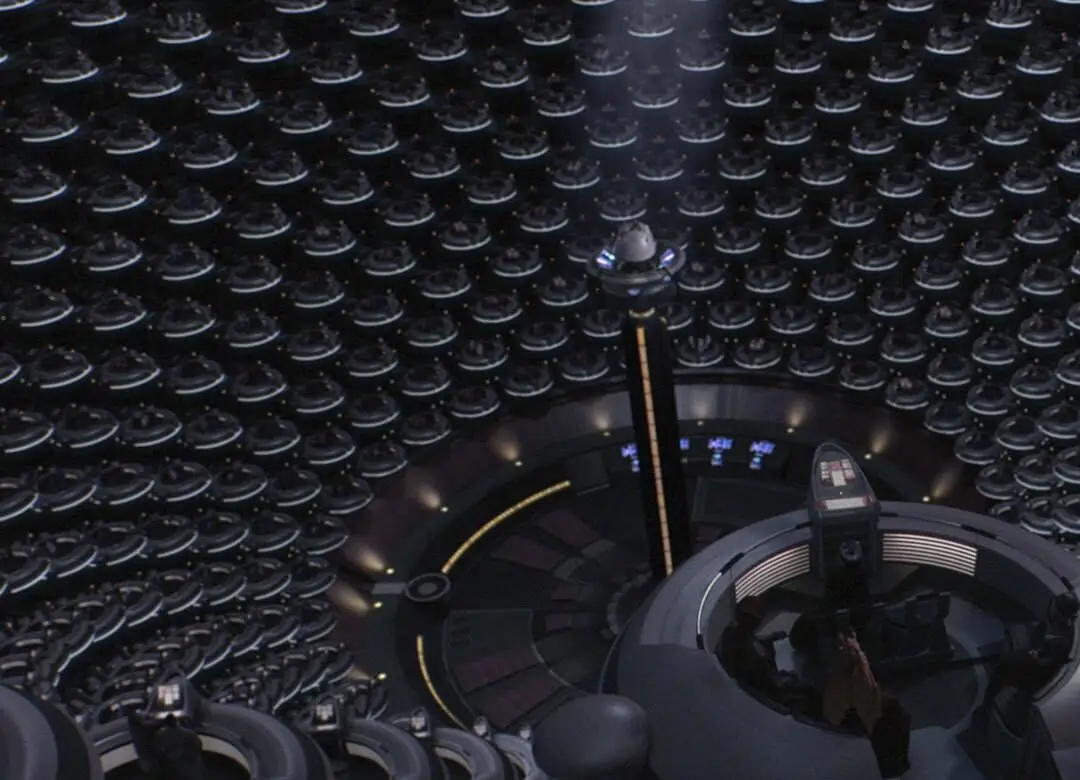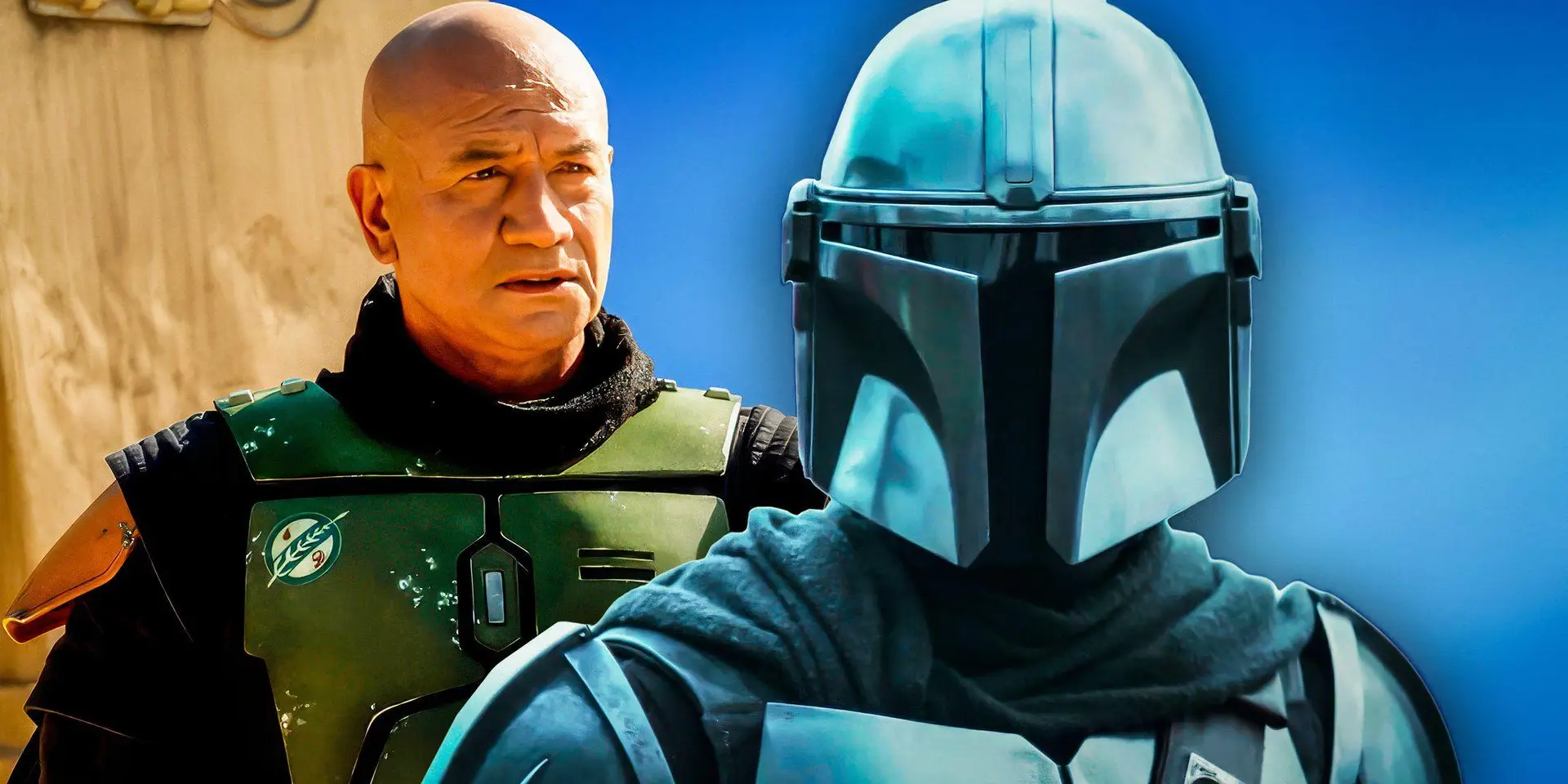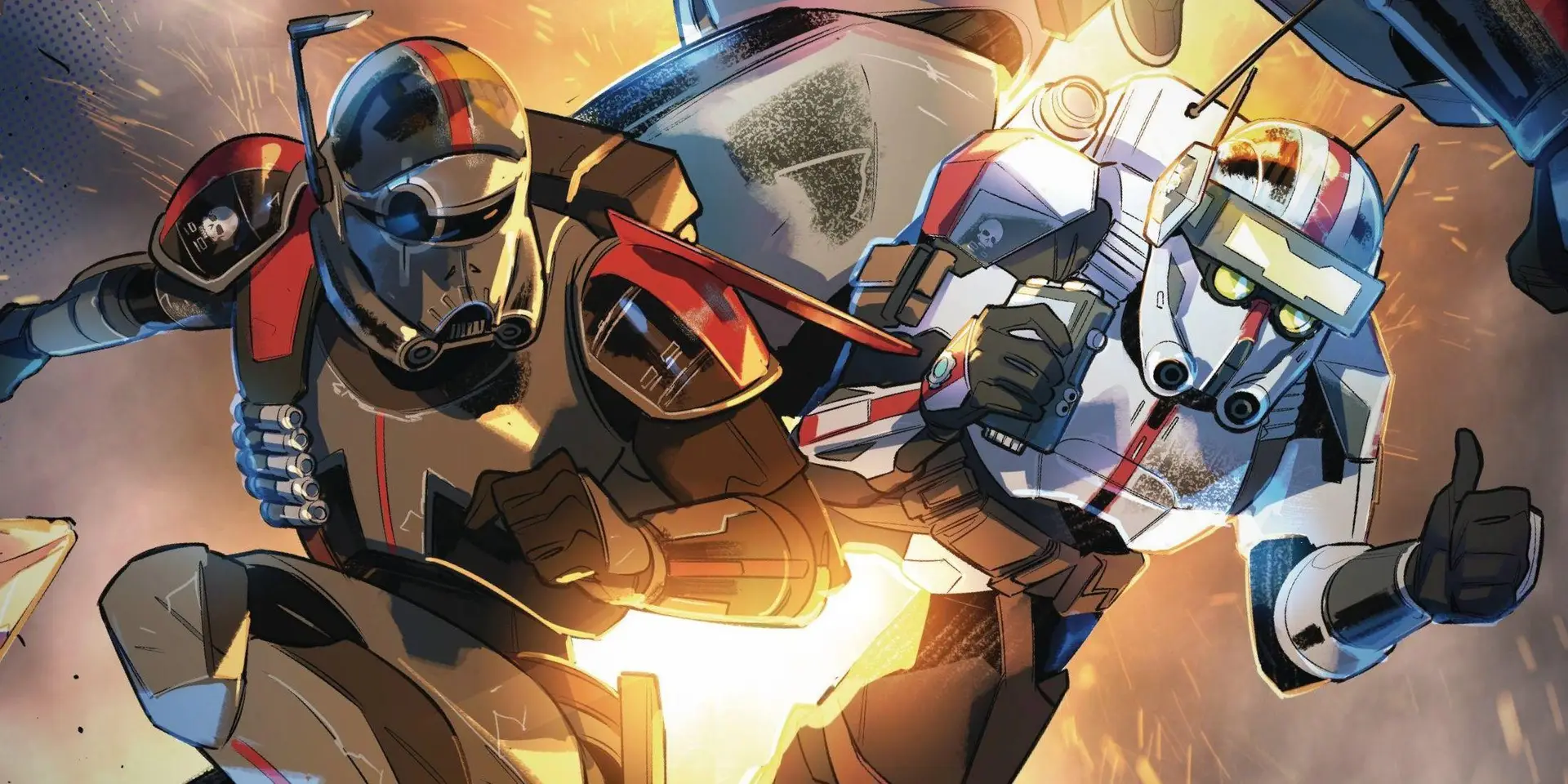STAR WARS: EXPLORING THE POLITICAL THEMES
Delve into the galaxy far, far away with a fresh perspective as a recent study reveals the intricate political threads woven throughout the Star Wars saga, mirroring real-world controversies. From the dawning struggle between light and darkness in the original trilogy to the chilling descent of Anakin Skywalker in the prequels—marked by his foreboding disdain for democracy—this analysis exposes the franchise’s stark critique of authoritarianism. Iconic moments, like Padme Amidala’s chilling declaration of democracy’s demise amidst thunderous applause, resonate strongly with today’s political climates. Journey further into the galaxy with ‘Andor’ and the sequel trilogy, where themes of police brutality and systemic oppression are boldly explored, painting a vivid picture of resistance against encroaching tyranny. George Lucas himself offers insight into his inspirations, drawing parallels between historical and contemporary oppressions, likening Stormtroopers to Nazi soldiers. Discover how each narrative thread in this epic space opera reflects our own world’s tangled politics, leaving readers to ponder: what lessons from this fictional universe could be applied to safeguard our own reality? #StarWarsPolitics #SciFiWithPurpose #LucasCritique #DemocracyAndDictatorship #FictionMeetsReality #GalacticGovernance
Quick Takeaways:
- Star Wars contains strong political themes that reflect real-world events.
- The original trilogy introduces political ideas that develop further in later films.
- The prequels highlight the dangers of authoritarianism, especially through Anakin Skywalker's arc.
- Andor and the sequel trilogy expand on themes of oppression and democracy's decline.
- George Lucas has openly acknowledged historical influences behind the series' political elements.
Political Themes in Star Wars
The Star Wars saga is often recognized for its struggle between good and evil, but beneath this, a complex political message unfolds. A recent study explores these themes, showing how they reflect and critique real-world governments, wars, and shifts in power.
The Original Trilogy and the Foundation of Political Themes
Though appearing straightforward, the original trilogy sets the foundation for deeper political narratives explored in later films. The battle between the Empire and the Rebel Alliance reflects historical revolutions and power struggles, serving as an allegory for authoritarian regimes and those who resist them.
The Prequels and the Rise of Authoritarianism
The prequel trilogy, particularly Attack of the Clones, presents a critical discussion on democracy and authoritarian rule. Anakin Skywalker's conversation with Padmé Amidala hints at his future as Darth Vader, foreshadowing his rejection of democratic values in favor of a strong, singular leader. His beliefs align with patterns seen in history when democracies give way to oppressive rule. Padmé’s haunting line—"So this is how democracy dies… with thunderous applause"—continues to evoke discussions on modern political shifts.
Andor, the Sequel Trilogy, and Expanded Political Narratives
The sequel trilogy and newer series, such as Andor, push these political discussions further. Andor, in particular, presents issues like police brutality, systemic oppression, and the dangers of blind conformity. These ideas resonate with contemporary concerns about authoritarian governments and declining democratic structures.
George Lucas and the Historical Influences on Star Wars
George Lucas has openly discussed the historical inspirations behind Star Wars. Events like the Vietnam War and the transformation of democratic countries into dictatorships influenced the saga’s political conflicts. The Empire’s stormtroopers bear similarities to Nazi soldiers, reinforcing the franchise’s ongoing engagement with historical and modern political concerns.
Frequently Asked Questions
How does Star Wars satire political themes?
Star Wars often satirizes political themes by exaggerating real-world power struggles, bureaucracy, and authoritarian rule. The fall of the Republic and rise of the Empire mirror historical regimes, while scenes in the Galactic Senate poke fun at ineffective political debates.
What political moments in Star Wars are the most satirical?
The Galactic Senate scenes in the prequels highlight political inefficiency and backroom dealings, while Emperor Palpatine’s rise to power mocks authoritarian takeovers. Scenes of rebellion vs. empire also parody the struggle between democracy and dictatorship in history.
Is the Trade Federation in Star Wars a political metaphor?
Yes, the Trade Federation in Star Wars serves as a political metaphor for corporate influence on government and economic-driven conflicts. Their role in blockading Naboo mimics real-world trade wars and corporate lobbying’s impact on policy-making.
Does Star Wars critique democracy through the Republic?
Star Wars critiques democracy by showing how corruption and inefficiency can lead to its downfall. The Republic’s inability to act decisively against threats like the Sith or separatists parallels real-world examples of failing political systems.
Why do some fans think the Empire represents modern governments?
Many fans believe the Empire reflects real-world authoritarian governments due to its surveillance state, emphasis on military power, and suppression of dissent. The Stormtrooper imagery and control tactics resemble historical and contemporary totalitarian regimes.
What does Star Wars say about war and propaganda?
Star Wars highlights how propaganda is used in war by showing how the Empire manipulates information and how the Rebel Alliance relies on symbols of hope. These elements reflect how real governments use media and ideology to control narratives.
Filipino Translation:
Okay, here's the Taglish translation based on the given guidelines:
Alam mo, yung Star Wars saga, kilala siya sa epic na laban ng good vs. evil, pero kung titingnan mo nang mas malalim, makikita mo na punong-puno rin siya ng political themes. May isang recent study na nag-examine ng mga political elements sa buong series, at pinapakita nito kung paano nagre-reflect at nagki-critique ang Star Wars sa totoong world politics.
Yung original trilogy, kahit parang simple lang ang kwento, nag-set siya ng foundation para sa mas malalim na political narratives sa mga sumunod na pelikula. Lalo na sa prequels, especially sa Attack of the Clones, may isang usapan between Anakin Skywalker at Padme Amidala na nagpapahiwatig kung paano unti-unting bumagsak si Anakin sa dark side. Yung diskarte niya na parang against siya sa democracy at mas gusto niya ng isang powerful leader na may full control, nagre-reflect sa rise ng authoritarian governments. Sabi nga ni Padme, "So this is how democracy dies… with thunderous applause." Ang lakas ng dating ng linyang ‘yan, lalo na kung titingnan natin ang political situation sa mundo ngayon.
Sa sequel trilogy at sa mga bagong series like Andor, mas lumalim pa yung political themes. Yung Andor mismo, tinackle yung issues like police brutality, systemic oppression, at yung dangers ng pagiging blindly obedient. Ang galing lang kasi sobrang timely ng pagtalakay nila sa authoritarianism at pagbagsak ng democratic values.
Si George Lucas mismo, nag-comment na noon tungkol sa political inspirations behind Star Wars. Sinabi niya na influenced ng mga events like the Vietnam War at yung transition ng mga democracies papunta sa dictatorships. Yung Stormtroopers nga, madalas ikinukumpara sa Nazi soldiers dahil sa hitsura at role nila, kaya kitang-kita na hindi lang sci-fi fantasy ang Star Wars—may malalim rin itong connection sa historical at contemporary political issues.
Ayan! Sinigurado kong natural at conversational ang tunog ng translation, para swak sa casual na usapan ng mga Taglish speakers. 😊
Every “political” scene in Star Wars lampooned was first published here.














